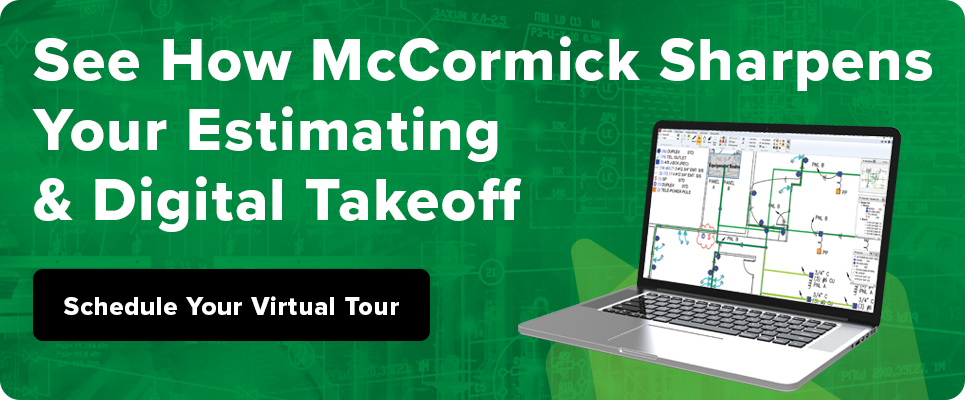
by Paul Wheaton
May 5, 2021
It’s no secret that cyberattacks have become more prevalent across all industries over the last few years. According to the 2021 Global Digital Trust Insights Survey, ransomware attacks tripled in 2020 — after already doubling from 2018 to 2019.
This trend is predicted to continue as companies move to digital business models. Due to the overall nature of construction work and a general lagging behind in modern technology practices, the industry has become a particularly popular target for cyberattacks — and electrical contractors of any size are no exception.
Construction projects typically require the sharing of data across multiple teams to keep the work moving. Because the sharing of this information tends to occur digitally — whether through email, text, or other manual methods — contractors with loose security practices are more at risk of falling victim to cyberattacks, which can have devastating effects on the business. The IBM Cost of a Data Breach Report 2021, for example, states that the average data breach cost across all industries rose from $3.86 million to $4.24 million in 2021, the highest average total cost in the 17-year history of the report. For contractors struggling to stay profitable, this can mean the difference between keeping the business afloat or having to shut the lights off for good.
However, there are steps contractors can take to help protect themselves and their data. While it’s important to take an overall assessment of your entire digital security plan, one easy-to-implement method construction companies can use to defend themselves against cyberattacks is to make the switch to SaaS-based software.
SaaS: What Contractors Need to Know
SaaS is a cloud-based method for companies to access software securely via the Internet. When using SaaS, the application itself is hosted by a software vendor or third-party center. This means that rather than the data being housed on a server in the contractor’s back office, it’s stored and maintained by the software vendor. Traditionally, this means that potential vulnerabilities are automatically patched by the host, saving contractors the trouble of keeping the application up-to-date.
With SaaS, users access the application via the Internet through their own unique login credentials. Since it’s cloud-based, access to data also isn’t limited by location, allowing employees to work from relatively anywhere while still having access to the software.
With everything being shared on a single server, collaboration amongst employees is made easier as data can be updated in real time across remote teams. The secure remote access offered by SaaS models allows employees to easily share and collaborate on job items such as estimates, costs, and designs with one another instead of having to rely on physical printouts or emailing sensitive information back and forth.
With secure, digital access to pertinent job details, SaaS provides companies with an added level of protection for company data and a preventative plan to combat cyberattacks.
How SaaS Provides Data Security and Helps Combat Cyberattacks
Cyberattacks in construction can happen quickly, even if through a simple mistake. For instance, if a contractor sends estimates or other important job documents via email and then falls victim to a phishing attack — an attack that stems from opening or downloading attachments from fraudulent communication — pertinent job or company information could be compromised. And if one individual contractor’s email is compromised, this could result in the entire company’s sensitive data being at risk.
SaaS models can be incredibly effective in containing cyberattacks. According to IBM’s report, organizations that have SaaS versions of software in place were able to contain data breaches on average 77 days faster than those without. Therefore, investing in a SaaS model of software is an imperative first step in creating a larger security plan for construction companies to ensure the security of their data.
With a SaaS model of software in place, company data is stored securely in the application. This means that even if access to a physical device is lost, the server itself — and the company data — will remain secure. So, if a company does find themselves the victim of a cyberattack and they lose access to their data, that access can easily be restored since the data is housed on the secure server instead of locally — and having this access can make all the difference in the continued success of the business.
While SaaS alone won’t solve every security issue a contractor can face, it’s an investment that can save several headaches — and dollars — in the long run.
SaaS: The New Industry Standard for Construction Companies
SaaS models can provide many advantages to electrical contractors. From delivering adaptable, secure software to easing the flow of day-to-day operations and collaboration, SaaS can improve the versatility and reliability of the workplace. When a construction company adopts a SaaS model of software, they are allowing themselves to focus on what really matters — the continued growth and expansion of their business.
A version of this article was originally published to EC Mag.
Share Article


